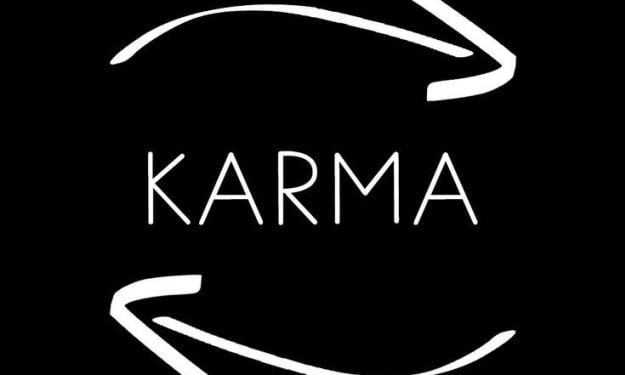National Recovery Month: Together We Are Stronger
September is National Recovery Month, a time to celebrate recovery and break the stigma of addiction and mental illness.

Every September is National Recovery Month. It is a time to celebrate people in recovery, spread awareness around the disease of addiction, and help shatter the stigma that often surrounds it.
The theme for Recovery Month 2019 is "Join the Voices for Recovery: Together We are Stronger." This theme supports the importance of sharing resources and the importance of building community networks across the country. After all, addiction is such a prevalent topic in our society today. It is a constant reminder that addiction can touch all walks of life.
Throughout my recovery, my support group has constantly set the foundation to my sobriety. Without them, I'm not sure that I would still be sober today. My own recovery has proven it true that together, we are in fact stronger.
I spent six years in the midst of heroin addiction and even longer battling anxiety and depression. Before I got sober, I didn't know what it was like to have real friends. The friends I had were all fair weather friends—they were only there when things were going good. However, towards the end of my using, my friends and dwindled down and even my family was beginning to lose hope.
While I was fortunate enough to go to a dual diagnosis center that addressed both my addiction and my mental health, some people aren't that fortunate. Some people have to rely on the people in the rooms of twelve step programs. On the other hand, the least fortunate of them all end up in jails, institutions, and sometimes even die.
In treatment I learned how to cope with my emotional triggers, build sustainable relationships, and was introduced to a twelve-step program. Looking back, I'm not sure that I would have ever been introduced to a sober way of life had I not gone to treatment. After all, I didn't know anybody in recovery and nobody I knew had ever experienced somebody get sober before.
Although treatment served a purpose for me as it separated me from drugs, the real healing and recovery happened when I began to rely on women who had more time in sobriety than I did.
I was absolutely terrified when I left treatment. I didn't know how to live sober in the real world. All I knew was that I should go to a meeting. At that meeting, I was practically swarmed by happy, energetic women who genuinely wanted to help me stay sober.
I began calling these women and building relationships with them. I went with them to meetings, to dinner, to coffee, and even to comedy shows. Through all of that, they showed me how to have fun in sobriety. They showed me what it really felt like to laugh those deep belly laughs that make your back ache. Most importantly, they taught me how important it was to build relationships with people in sobriety.
When I was upset I always knew that I had a shoulder to lean on. When I was facing a difficult decision, I could always rely on them to point me in the right direction. Over time, staying sober became easier. It became a way of life rather than a task. When that happened, I began approaching newcomers in the same way that these women approached me.
At three years sober, these women still play a crucial role in my sobriety today. They are there for me during the good and bad and they understand me like I have never been understood before. Throughout my recovery, the women in my life have proved to me that together we really are stronger. Today I believe that by coming together, sharing our stories of addiction and recovery, and reaching out to help the next sick and suffering alcoholic, we can literally save lives. We can restore families and break the stigma that surrounds mental illness and addiction.
If anyone is struggling with addiction, know that there is hope. There are thousands of people out there who are more than willing to help you through everything you are facing. Find a local 12-step meeting, call a friend, and don't be afraid to reach out for help. Walk through that fear and know that recovery is possible for anyone.





Comments
There are no comments for this story
Be the first to respond and start the conversation.